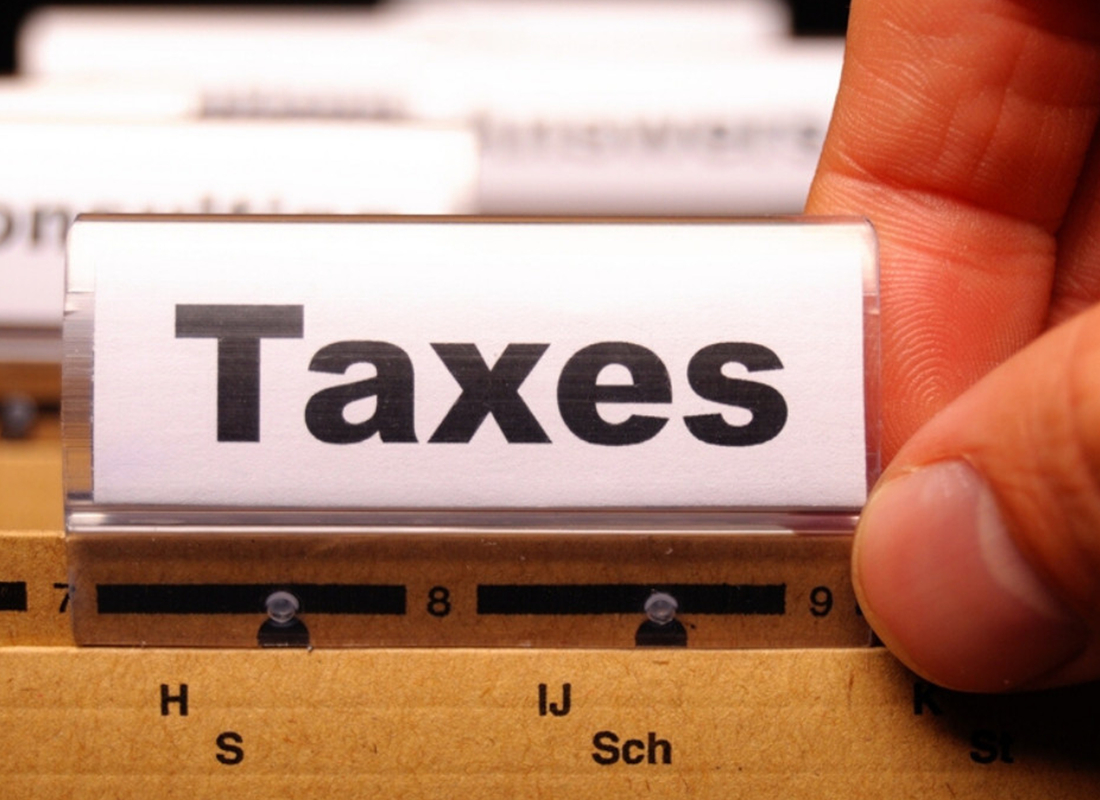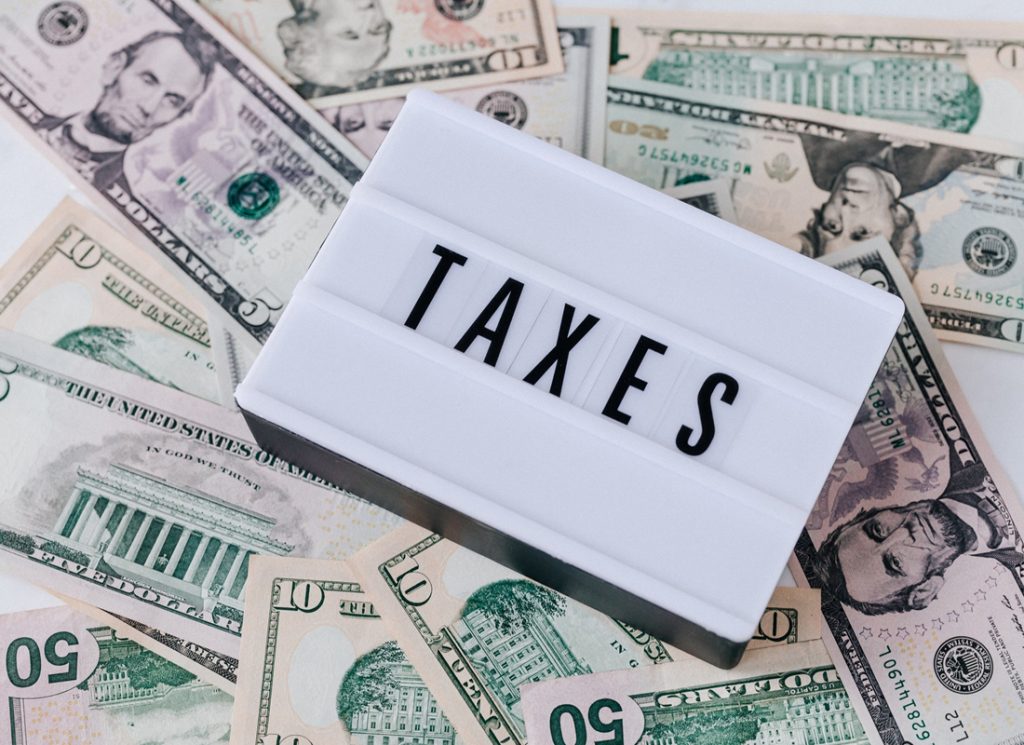A tax is a compulsory fee that one party, typically the state or a public body, imposes on another. Taxes consist of direct or indirect taxes and other revenues raised by government. The payment of taxes is voluntary in many countries but mandatory in others. In economics, taxes are used as an instrument of policy to redistribute income and consumption – to change people’s behaviour for the better while taking into account individual characteristics such as age and ability to pay – in order to achieve certain social and economic objectives.
Types of taxes
1. Income tax
Income tax is generally imposed at progressive marginal rates, based on the amount of taxable income earned by the person or business. Income tax systems will often have deductions taken from gross income, sometimes even before the income is earned in order to discourage certain activities or to make it easier for one type of person to be competitive over another.

2. Payroll tax
Payroll tax is a type of tax that is based on the amount of money paid to employees. Payroll taxes are often set at flat rates, usually with a progressive rate for income above a certain threshold. Payroll taxes are often levied by employers and may also be used by employers when paying employees for overtime or other time worked outside the usual hours or days.
3. Value Added Tax (VAT)
Value added tax (VAT), sometimes called consumption tax, is a tax on goods and services sold for consumption in a country or territory. It is distinguished from the sales tax which is levied on goods sold or goods and services purchased by businesses, or a tax on income earned by businesses.
4. Property tax
Property taxes are taxes levied on the value of land or property and are generally paid by the owners of real estate. Property tax is not based on income or wealth but is a charge on the value of property. A person who owns a $500,000 vacation home and rents it out during their vacation can expect to pay property tax based on that $500,000.



